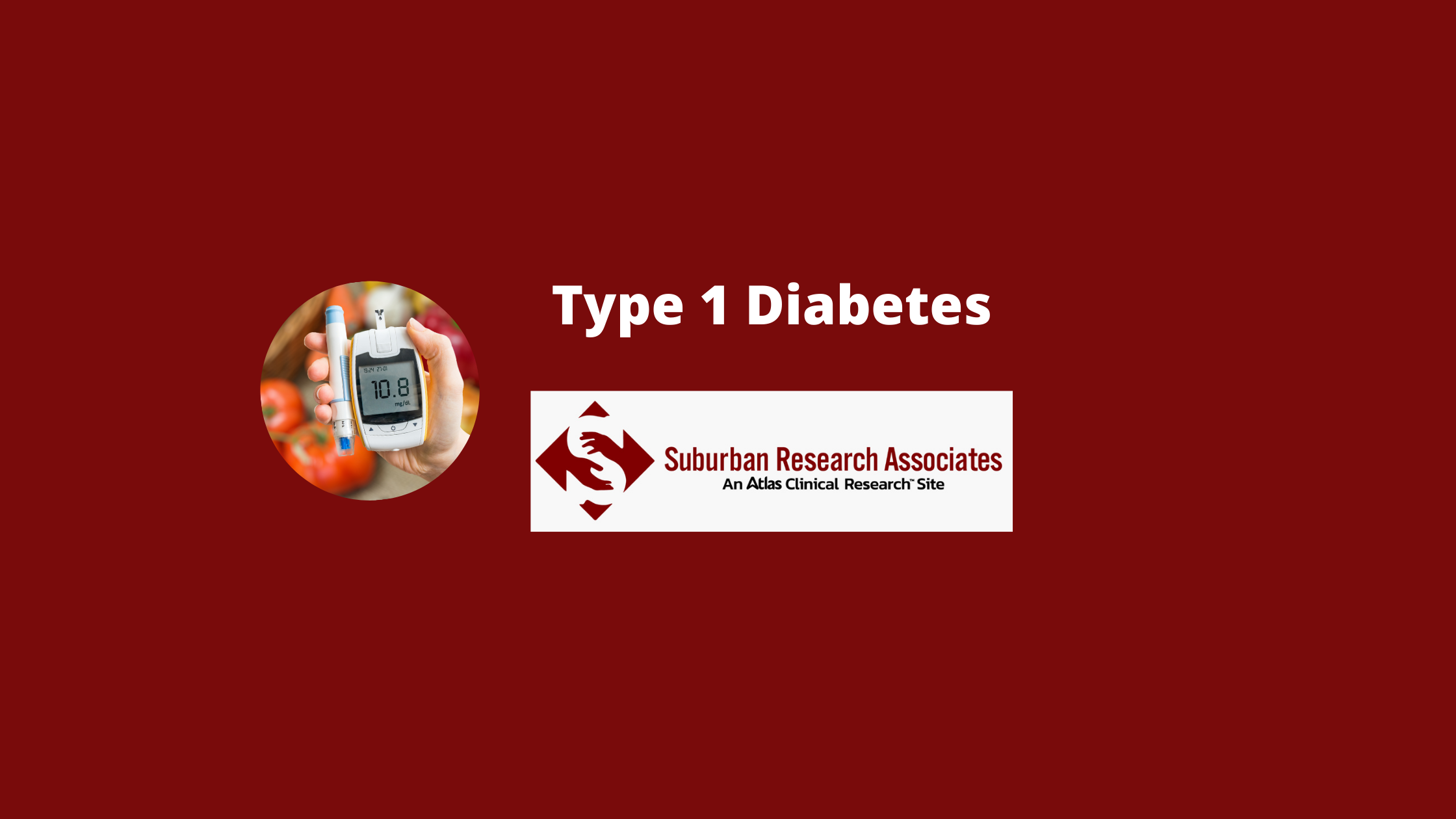What is Diabetic Peripheral Neuropathic Pain (DPNP)?
You have likely heard of diabetes before and recognize it as a condition where one has low or high blood sugar. However, it can often consist of more than just complications with blood sugar alone. Blood sugar abnormalities or imbalances affect other systems in the body as well.
Types of Neuropathy in Diabetes
One of these complications can be neuropathy that can range from peripheral neuropathy, autonomic neuropathy, proximal neuropathy, or mononeuropathy. The differences between these forms of neuropathy have a lot to do with which systems or parts of the body are impacted. For example, Autonomic Neuropathy may impact your bladder or bowels, cause difficulty swallowing, and affect other mechanisms that rely on the autonomic nervous system. Proximal Neuropathy refers to pain in the back, hips, thighs, chest, and abdomen. Mononeuropathy is damage to clusters of nerves in areas like the face, affecting vision or facial sensations, or in the hands/fingers, causing numbness or tingling.
What is DPNP specifically and how does it differ from other types of Neuropathy?
DPNP is a complication that is often present in those with Type 1 or Type 2 diabetes. It is caused by nerve damage resulting from high blood sugar. DPNP results in the reduced ability to feel pain or a sense of numbness, burning or tingling sensations, cramps or sharp pain, excessive sensitivity to touch to where even something light like clothing might feel painful, problems with the bones and joints in the foot, etc.
Risk Factors
While anyone with diabetes can be susceptible to developing neuropathy at some point, there are certain risk factors to look out for. Not having full control over blood sugar, history of kidney disease, being overweight, and smoking are a few examples.
If you suspect you have DPNP…
If you have diabetes and have experienced signs of any of the above symptoms, make an appointment with your doctor to be evaluated. They may be able to suggest certain types of treatment, and assist you in getting your diabetes under control.
If you’ve been struggling with DPNP as complication of diabetes and are seeking alternative routes of treatment, message us or call 610-891-7200!
References
Mayo Foundation for Medical Education and Research. (2022, April 29). Diabetic Neuropathy. Mayo Clinic. https://www.mayoclinic.org/diseases-conditions/diabetic-neuropathy/symptoms-causes/syc-20371580




